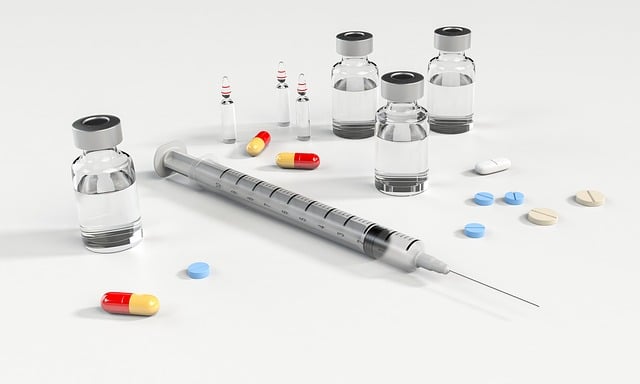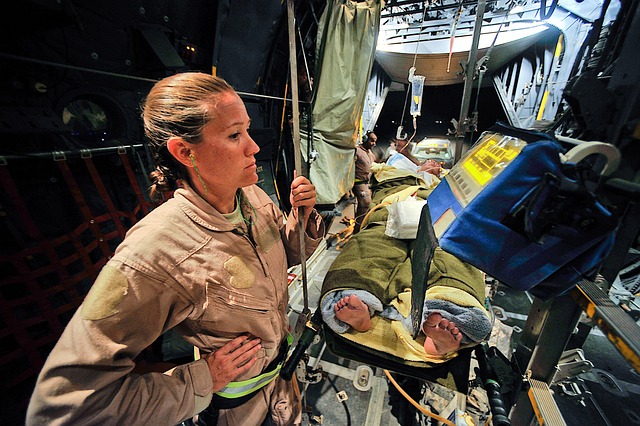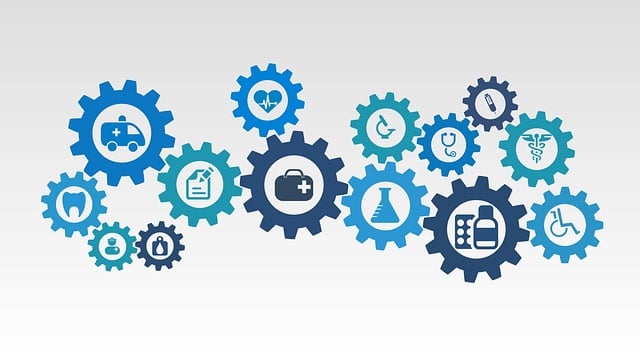Medical Aid vs Health Insurance in South Africa: These two healthcare options serve distinct roles, with Medical Aid focusing on long-term comprehensive coverage for a fixed monthly fee, including inpatient/outpatient care, specialist consultations, and wellness initiatives. Health Insurance, offered by private companies, caters to immediate financial needs, providing flexible plans for unexpected medical expenses like emergency treatments and doctor visits. When choosing, consider your health needs, budget, age, and existing conditions, as Medical Aid is ideal for long-term savings and broader coverage, while Health Insurance offers short-term protection against unforeseen costs with more flexibility in provider selection.
In South Africa, understanding the distinction between medical aid and health insurance is crucial for navigating the complex healthcare landscape. While both provide vital coverage, they operate differently. This article delves into the intricacies of medical aid, offering a comprehensive overview of its benefits and role in the South African system. We then explore health insurance, highlighting its significance and key differences with medical aid. By the end, readers will have a clearer understanding of which option best suits their healthcare needs.
- Understanding Medical Aid: A Comprehensive Overview
- The Role of Health Insurance in South Africa's Healthcare System
- Key Differences Between Medical Aid and Health Insurance
- Who Needs Medical Aid and Who Needs Health Insurance?
- Comparing Benefits and Coverage
- Choosing the Right Option: Tips for South African Residents
Understanding Medical Aid: A Comprehensive Overview

Medical Aid, a cornerstone of healthcare in South Africa, offers comprehensive coverage for its members. It functions as a pre-agreed pool of funds that contribute to an individual’s medical expenses, ensuring access to quality healthcare services. Unlike Health Insurance, which typically focuses on specific aspects of health cover, Medical Aid provides a wide range of benefits, including inpatient and outpatient care, specialist consultations, medicine coverage, and even certain wellness initiatives.
Members usually pay regular premiums into the scheme, which then enables them to access a network of hospitals, doctors, and specialists. The schemes vary in terms of benefits, co-payments, and networks, catering to different needs and budgets. Understanding these variations is crucial when comparing Medical Aid to Health Insurance, as it empowers individuals to make informed decisions about their healthcare choices in South Africa.
The Role of Health Insurance in South Africa's Healthcare System

In South Africa, health insurance plays a pivotal role in the healthcare system, serving as a financial safety net for individuals and families. Unlike Medical Aid, which is a compulsory membership scheme regulated by the government, health insurance is offered by private companies and allows citizens to access a range of medical services with specific coverage options tailored to their needs. This flexibility ensures that individuals can choose plans that best suit their budgets and healthcare requirements, providing peace of mind in an often complex healthcare environment.
The distinction between Medical Aid and Health Insurance becomes evident when considering their structures and purposes. Medical Aid focuses on long-term health care management, offering a comprehensive range of benefits including hospital stays, medical procedures, and prescription medication. On the other hand, health insurance typically covers out-of-pocket expenses such as doctor’s visits, specialist consultations, and emergency treatments, providing immediate financial protection when it matters most. Together, these two components contribute to a robust healthcare framework in South Africa, ensuring accessibility and affordability for all citizens.
Key Differences Between Medical Aid and Health Insurance

When it comes to understanding Medical Aid vs Health Insurance in South Africa, knowing the key differences is essential for making informed decisions about your healthcare coverage. While both terms are often used interchangeably, they serve distinct purposes and offer unique benefits. Medical Aid is a long-term savings scheme that provides financial assistance for medical treatment, focusing on preventing illness and promoting wellness. It’s funded by regular contributions from members and offers a range of benefits tailored to different needs and budgets.
On the other hand, Health Insurance is a type of coverage designed to meet short-term healthcare needs. Policies typically cover specific medical expenses like hospital stays, doctor visits, and prescribed medications. Unlike Medical Aid, Health Insurance doesn’t require ongoing contributions and is often more flexible in terms of choice of service providers. Understanding these differences will help you choose the most suitable option for your individual health and financial requirements.
Who Needs Medical Aid and Who Needs Health Insurance?

In South Africa, both medical aid and health insurance play vital roles in ensuring access to healthcare services for residents. However, they cater to different needs and serve distinct purposes within the healthcare landscape. Medical aid is typically required for individuals and families who wish to access a wide range of private healthcare services, including hospital stays, specialist consultations, and medical procedures. It provides comprehensive coverage for a monthly fee, offering peace of mind and guaranteed access to quality care when needed.
On the other hand, health insurance is more suited to those seeking affordable protection against unexpected medical expenses. This option often covers emergency treatments and in-patient care but may have exclusions and limitations on benefits. Health insurance is particularly beneficial for individuals who are not regularly in need of extensive medical care but still require coverage for unforeseen circumstances, such as accidents or sudden illnesses. Understanding the differences between these two options is crucial when navigating the healthcare system in South Africa, ensuring that each individual receives the appropriate level of protection according to their specific health needs and financial considerations.
Comparing Benefits and Coverage

When comparing Medical Aid vs Health Insurance in South Africa, understanding the benefits and coverage is crucial for making an informed decision about your healthcare. While both offer financial protection against medical expenses, they operate differently. Medical Aid schemes typically provide a structured network of hospitals and doctors where members can access healthcare at reduced rates. This often includes benefits like chronic disease management, maternity care, and specialist consultations. On the other hand, health insurance policies usually offer more flexible coverage, allowing you to choose any healthcare provider within their network. They may include features such as routine check-ups, hospital stays, and emergency medical assistance worldwide.
When it comes to out-of-pocket expenses, Medical Aid schemes usually have monthly contributions or deductibles, while health insurance policies often involve co-payments and caps on benefits. The choice between the two depends on your personal healthcare needs, budget, and preference for provider networks versus flexibility in choosing healthcare providers.
Choosing the Right Option: Tips for South African Residents

When it comes to choosing between medical aid and health insurance in South Africa, understanding the differences is crucial for making an informed decision. Medical aid is a long-term savings plan that provides comprehensive cover for various medical treatments, including hospital stays, surgeries, and specialist consultations. It’s essentially an investment in your future well-being, where contributions are made regularly to access a range of benefits. On the other hand, health insurance is typically designed to offer short-term protection against unexpected medical expenses. It covers emergency situations and routine check-ups, but may have limited or no cover for pre-existing conditions.
For South African residents, evaluating your individual needs and financial situation is key. Consider factors like age, overall health, and any existing medical conditions. If you’re relatively young and healthy, a health insurance plan might suffice, as it can be more affordable. However, if you have a family history of specific diseases or require regular medical attention, opt for medical aid to ensure broader coverage. Additionally, compare the benefits, exclusions, and network of healthcare providers offered by different plans to find the best fit.
In the intricate landscape of South Africa’s healthcare, understanding the nuances between medical aid and health insurance is paramount. While both serve as financial safety nets for medical needs, they operate with distinct structures and eligibility criteria. By comprehending these differences, residents can make informed choices, ensuring they receive optimal coverage tailored to their unique circumstances. When deciding between medical aid and health insurance, consider your specific health requirements, budget, and the value of additional services offered. This decision will play a pivotal role in navigating South Africa’s healthcare system effectively.

